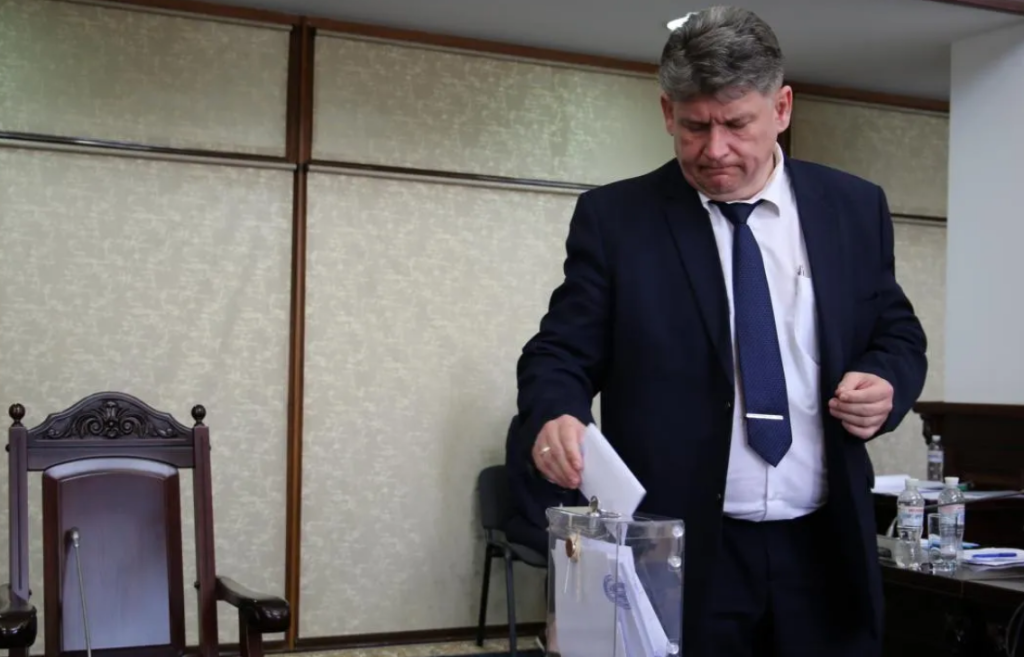Others are reading now
Roman Ihnatov, the head of Ukraine’s High Qualification Commission, a crucial entity in the country’s judicial system, is at the center of a controversy over allegations of holding Russian citizenship.
According to the Kyiv International, Ukraine’s Foreign Intelligence Service has claimed that Ihnatov, previously an investigator in Russia, possesses Russian citizenship, an assertion he firmly denies.
The situation has been further complicated by contradictory reports. Journalists from Radio Free Europe/Radio Liberty’s Schemes investigative project have disputed the claim, unable to find evidence of a valid Russian passport in Russian databases.
Moreover, they suggest that the passport number provided by the Intelligence Service, supposedly Ihnatov’s, is likely fabricated.
Also read
The High Qualification Commission is now seeking to verify these allegations, given the serious implications of a top judicial official holding foreign citizenship, especially from Russia amidst the ongoing conflict. Ukrainian law prohibits individuals with foreign citizenship from occupying state positions.
The allegation has also been made public through a leaked letter sent to the Commission.
This scandal surfaces amidst heightened scrutiny over the Russian citizenship of judges and officials in Ukraine, especially given the ongoing Russian invasion.
The case mirrors a similar incident in 2022 involving Bohdan Lvov, the former deputy head of the Supreme Court, who was dismissed after being confirmed as a Russian citizen by the Security Service of Ukraine.
For Ihnatov, the accusations have serious personal and professional repercussions. He contends that the claims are part of a broader campaign to pressure him, linked to his work in vetting judges as part of Ukraine’s judicial reform. Ihnatov has also disclosed that he faces treason charges in a separate case, which he believes is part of the same pressure campaign.
The unfolding controversy raises questions about the effectiveness of Ukraine’s judicial reform, particularly in vetting processes for top judicial positions.
Critics of the reform argue that despite the intention to appoint honest, independent, and professional individuals to key judicial roles, the reality has been different, with several controversial appointments raising concerns about the integrity of the reform process.


